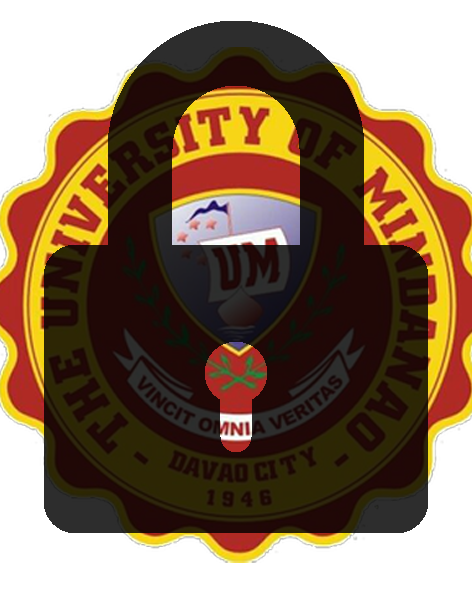Structural equation model on the saving behavior of the faculty and non-teaching staff of the State Universities and Colleges (SUCs) in Region XI

View/
Date
2020-12Author
Faunillan, Maria Luisa
Keywords
Citation Tool
Metadata
Show full item recordAbstract
This study intended to establish the best fit structural model of saving behavior for the teaching and non-teaching staff of State Universities and Colleges (SUCs) in Region XI. The exogenous variables are entrepreneurial intention, financial literacy, and buying behavior, while the endogenous variable is saving behavior. 400 SUC employees recruited through a stratified random sampling method responded to the survey. Data were analyzed using the Mean, Pearson r, Multiple Regression, and Structural Equation Modeling (SEM). Results showed the respondents' high entrepreneurial intention, financial literacy, buying behavior, and saving behavior. There was also a significant relationship between the exogenous and endogenous variables. The data revealed that all three exogenous variables, namely; entrepreneurial intentions, financial literacy, and buying behavior, predict saving behavior. Only Model 5 met all goodness-of-fit indices among the five generated models. Further analysis of the model revealed that not all manifest variables of the exogenous variables included at the beginning of the study are predictors of saving behavior, thus removed. For example, the manifest variables of entrepreneurial intention that can predict saving behavior are government, technological, and information-related factors. The predictor manifest variables for saving behavior in financial literacy are debt management and bookkeeping. As for buying behavior, the predictor manifest variable for saving behavior is socio-cultural influence. Of the three exogenous variables, entrepreneurial intention, directly and indirectly, affects saving behavior. The results have implications for the government's business policies, the media, and the educational curriculum.
Collections
Publisher
Professional Schools
